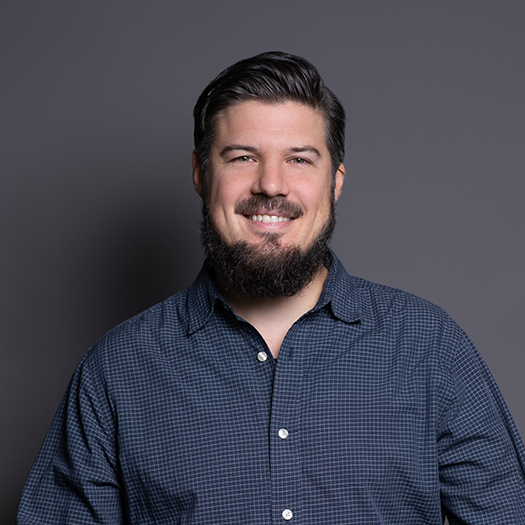Empowering Migrant Girls Through Digital Education
Dates and NewsZEW, the University of Mannheim and Starkmacher e.V. Jointly Launch BMBF-Funded Research Project
ZEW Mannheim, the University of Mannheim and Starkmacher e.V., a state-recognised non-profit association that offers an extracurricular educational programme, are conducting research on how digital educational offers and the provision of empowerment rooms can help to improve educational opportunities for girls with a migration background. The related tests take place at the TUMO Centre in Mannheim, an innovative digital learning centre for young people aged between 12 and 18. Up to 1,100 adolescents come to the centre every week, where they learn, among others, programming, graphic design or 3D-modelling skills under the guidance of coaches. The joint project, titled „STARK-MIT-DIBI“, is funded by the German Federal Ministry of Education and Research (BMBF) under the “Integration through Education” programme, which also includes funding from the European Social Fund Plus (ESF Plus).
The joint project aims to facilitate access to digital educational offers especially for girls with a migration background and thus make them more confident about their own digital skills. This is intended to improve their access to the labour market – e.g. their chances of obtaining a training or study place.
ZEW’s main task in this project is analysing empirical correlations and effective mechanisms. “Educational equity contributes to social cohesion and economic prosperity. Especially in our digitalised word it is therefore important to understand how innovative educational offerings can reach and support all school students, regardless of their social or cultural background. Since it is currently almost impossible to draw on secondary data, one of our tasks is to collect our own data for the research project,” explains Dr. Guido Neidhöfer, senior researcher at ZEW’s “Labour Markets and Social Insurance” Unit and contact person for the area “Education and Social Mobility”.



